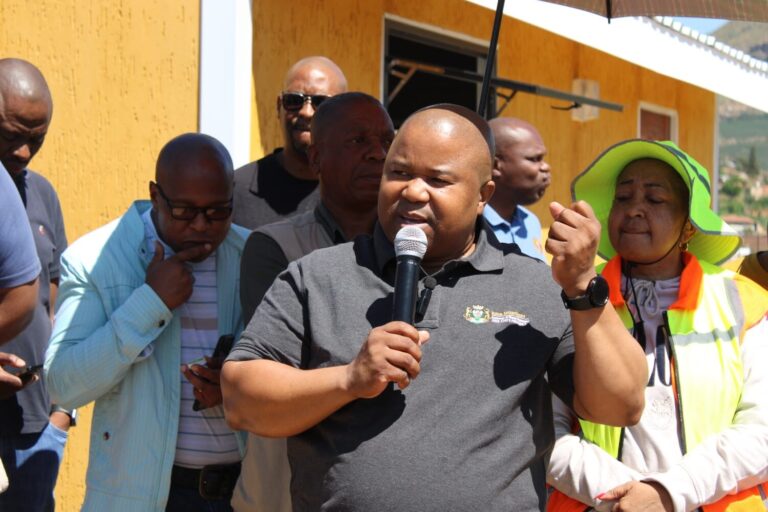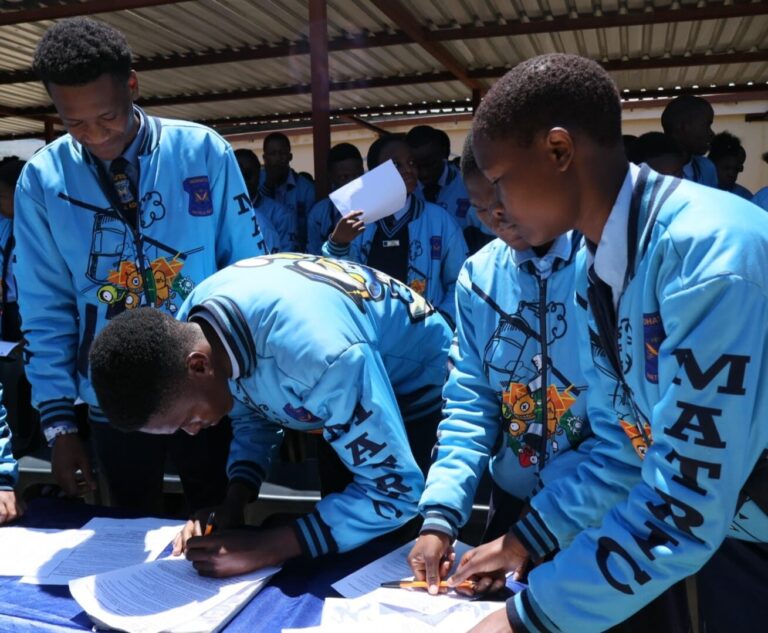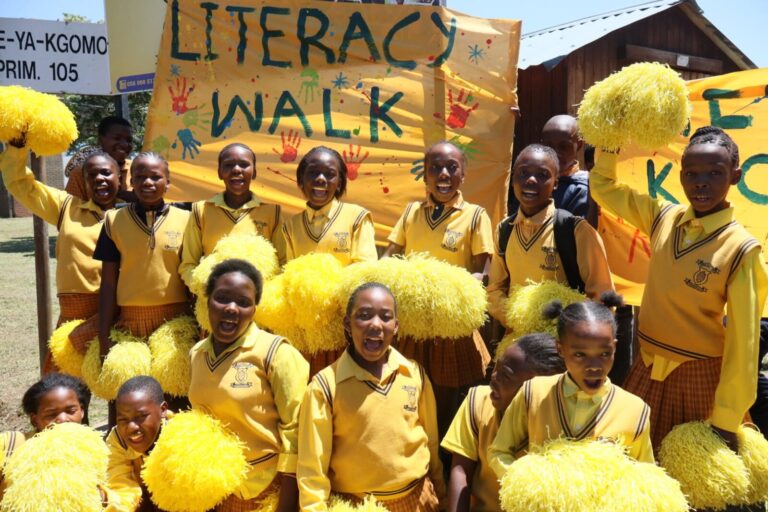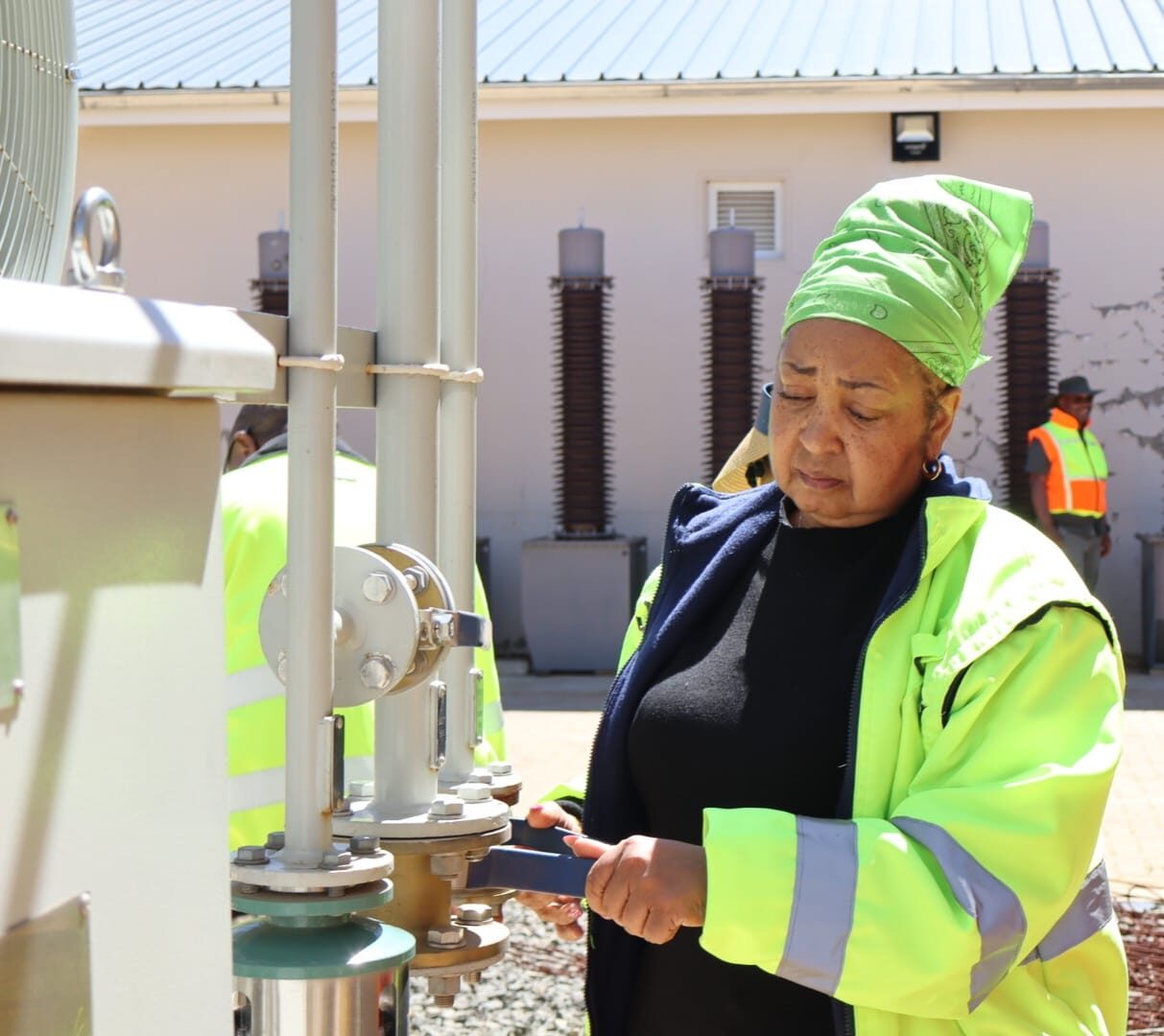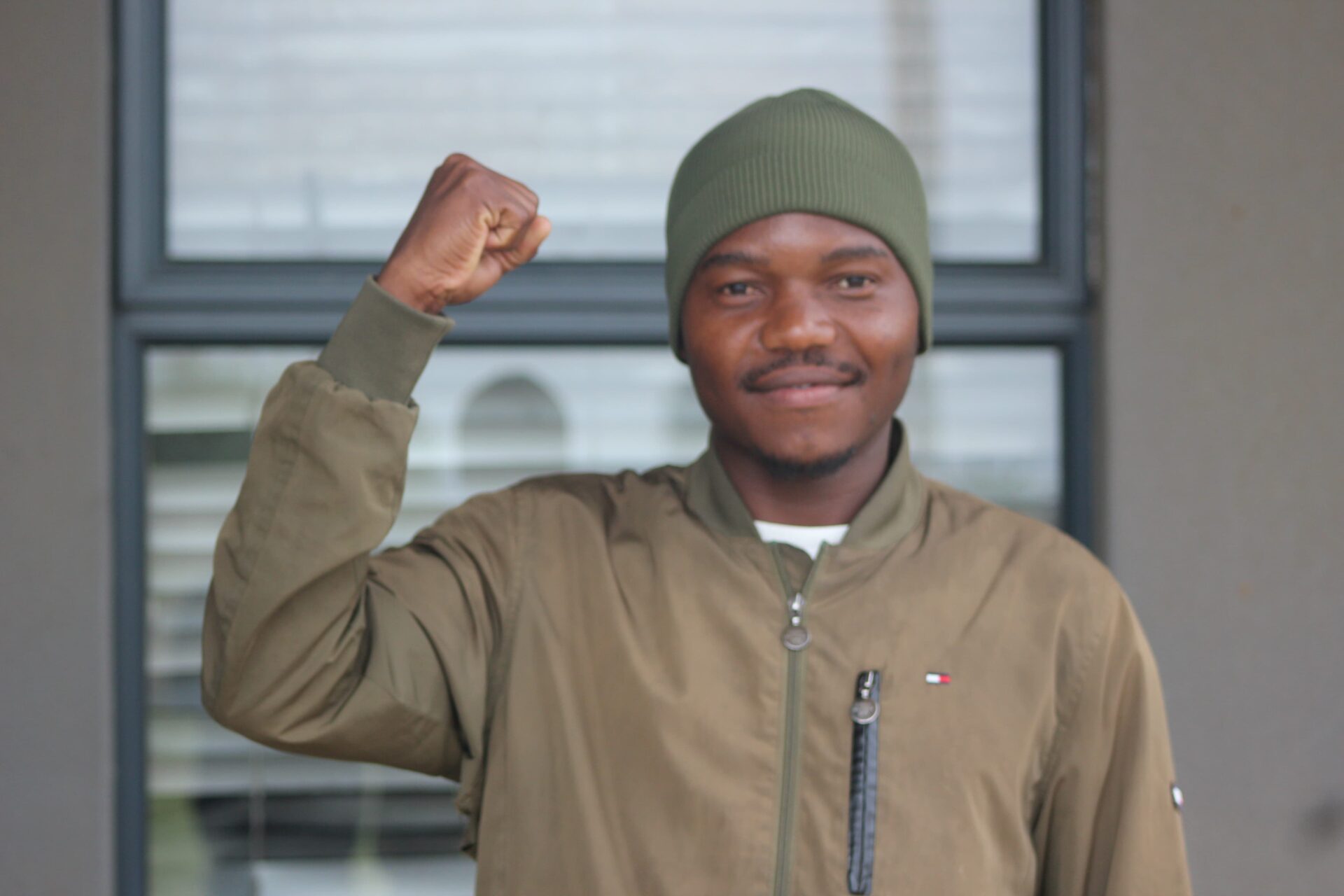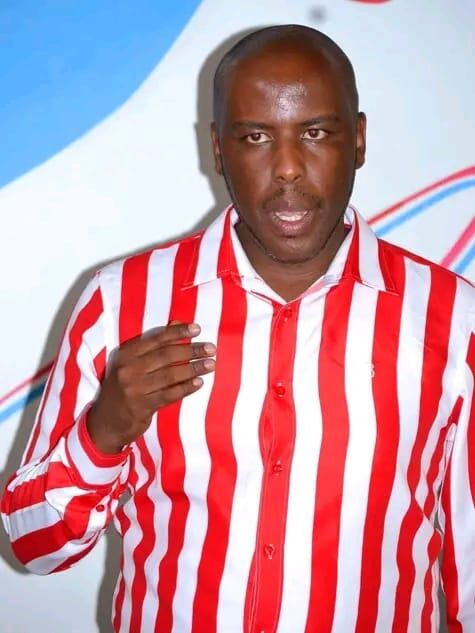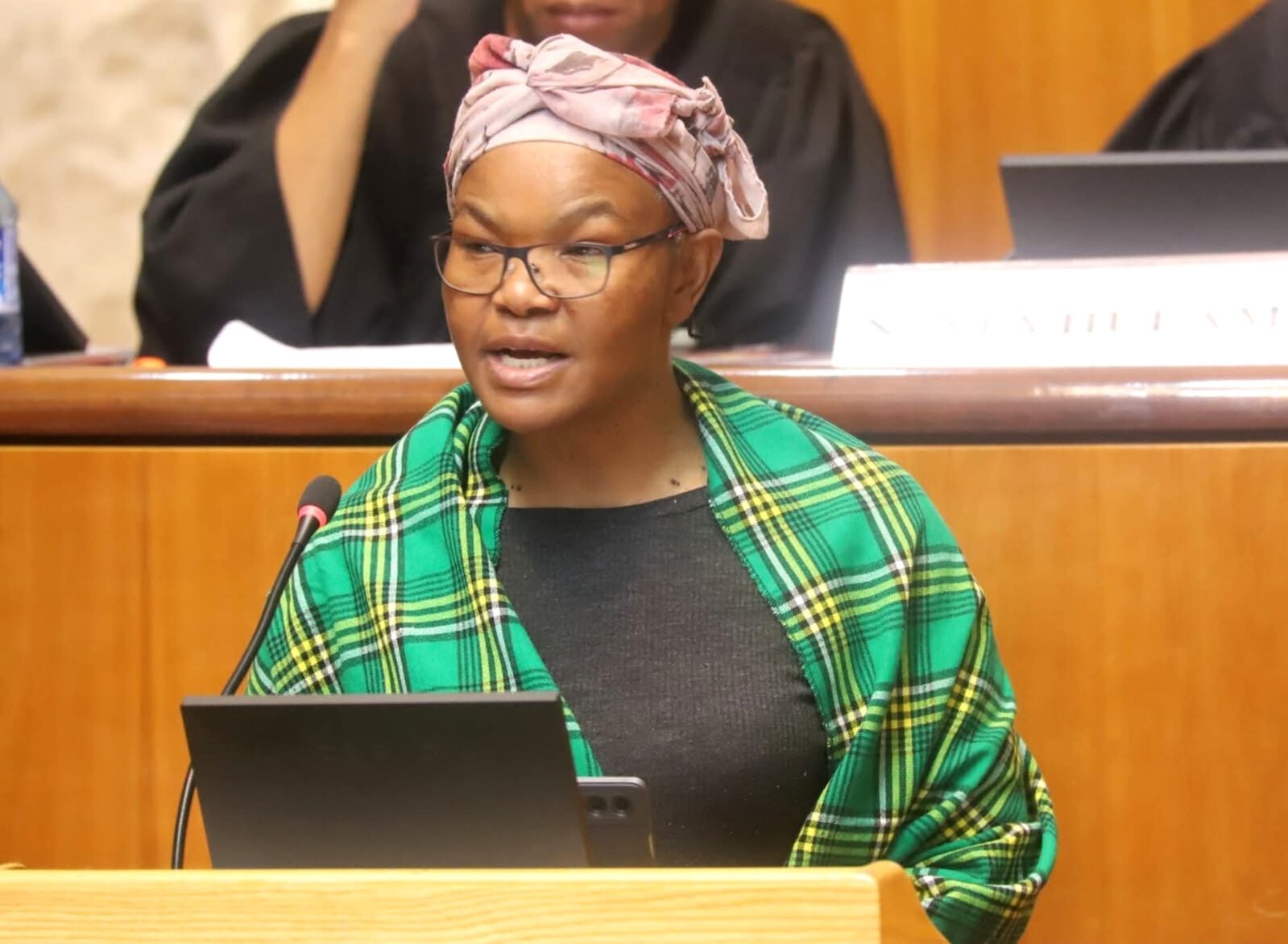By Emily Setona
BETHLEHEM – Local leaders say South Africans cannot afford to overlook the country’s Presidency of the Group of Twenty (G20), stressing that it holds tangible benefits for communities far beyond government halls and summit venues.
South Africa assumed the Presidency of the G20 in December 2024, a historic role that runs until November 2025. The G20 brings together the world’s largest economies, accounting for 85% of global GDP and two-thirds of the world’s population. Its agenda stretches from job creation and climate action to economic growth and sustainable development.
Thabo Mofutsanyana District Municipality Speaker, Thabo Mokoena, said this moment is a chance to reposition South Africa on the global stage while driving opportunities at home.
“The G20 positions South Africa as an attractive investment destination. If we package and present our economic strengths properly, we can draw investors, expand tourism, improve infrastructure, and ultimately improve people’s quality of life,” Mokoena said.
He added that as Chair, South Africa becomes a global focal point, hosting delegations and visitors from across the world—something that can benefit even smaller towns through increased business activity.
Dihlabeng Local Municipality Speaker, Nthabeleng Mofokeng, emphasized that the Presidency must not remain an elite conversation. “Hosting the Presidency is not symbolic, it is practical. It is about ensuring our people are not left behind as the world makes decisions that directly affect us,” she said.
To close the gap between international commitments and everyday concerns, the Government Communication and Information System (GCIS) has launched a national outreach campaign. Its aim is to explain the G20’s relevance to citizens and encourage participation in activities linked to South Africa’s Presidency.
For communities in Bethlehem and surrounding areas, the benefits could be far-reaching. Stronger trade agreements can translate into more jobs, climate pledges could mean cleaner and safer environments, and global health decisions can strengthen responses to pandemics.
Local leaders insist the G20 Presidency is not just about heads of state shaking hands at high-level summits. It is about ordinary South Africans recognizing their stake in this global platform.
“Every South African must see themselves as part of this Presidency. Its outcomes can affect our farms, our businesses, our clinics, and our schools,” Mokoena said.
As the Presidency unfolds over the next year, residents are being urged to stay informed, engaged, and ready to seize opportunities that flow from South Africa’s leadership role.










